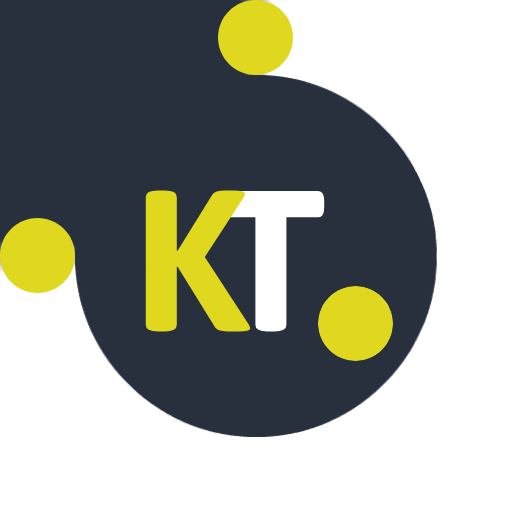Recommended Tools and Software
As you embark on your journey of WordPress plugin development, having the right tools and software can significantly streamline your workflow and enhance your productivity. This section outlines essential tools and software categories that every WordPress developer should consider, along with specific recommendations for each category.
1. Local Development Environments
Setting up a local development environment allows you to develop and test your plugins without affecting live sites. Here are some popular options:
- Local by Flywheel: A user-friendly local development environment that allows you to create and manage WordPress sites easily. It offers features like one-click WordPress installations, SSL support, and site sharing for collaboration.
- XAMPP: A free and open-source cross-platform web server solution stack package that allows you to run PHP and MySQL applications locally. XAMPP is versatile and can be configured to host WordPress sites.
- MAMP: A local server environment for macOS and Windows that allows you to set up WordPress sites quickly. MAMP provides a simple interface and includes Apache, MySQL, and PHP.
2. Code Editors
A good code editor can enhance your coding experience, making it easier to write and manage your plugin code:
- Visual Studio Code: A popular, open-source code editor with a wide range of extensions available. It offers features like syntax highlighting, IntelliSense (smart code completion), and integrated Git support.
- Sublime Text: A lightweight and fast text editor known for its speed and simplicity. It includes features like multi-line editing, customizable snippets, and powerful search functionalities.
- Atom: An open-source text editor developed by GitHub. Atom is highly customizable and offers a range of packages and themes to enhance your coding environment.
3. Version Control Systems
Version control is essential for managing changes to your code, especially when working with a team. Here are popular options:
- Git: A distributed version control system that allows you to track changes in your code and collaborate with others. Git is the industry standard for version control and is widely used in software development.
- GitHub: A web-based platform that hosts Git repositories. It provides collaboration features like pull requests, issues, and project management tools.
- Bitbucket: Similar to GitHub, Bitbucket supports Git and Mercurial repositories and is integrated with Atlassian tools like Jira for project management.
4. Debugging and Testing Tools
Ensuring your plugin works correctly is crucial. These tools help with debugging and testing:
- Query Monitor: A debugging plugin that provides detailed insights into database queries, PHP errors, hooks, and more, making it easier to identify issues during development.
- Debug Bar: A plugin that adds a debug menu to the WordPress admin bar, allowing you to view useful information about your site’s performance, queries, and PHP errors.
- PHPUnit: A widely-used testing framework for PHP that allows you to write unit tests for your code, ensuring that your plugin functions as expected.
5. Design and Prototyping Tools
Visual design is crucial for user experience. These tools can help you create wireframes and mockups:
- Figma: A powerful web-based design tool for creating user interfaces, wireframes, and prototypes. It allows for real-time collaboration with team members.
- Adobe XD: A vector-based design tool for designing user experiences for web and mobile applications. Adobe XD includes features for prototyping and sharing designs with stakeholders.
- Sketch: A vector graphics editor for macOS that is popular among UX and UI designers. It offers a range of plugins for enhancing the design workflow.
6. Analytics and Tracking Tools
Understanding user behavior and tracking performance is essential for optimizing your plugin:
- Google Analytics: A powerful web analytics service that tracks and reports website traffic. It provides valuable insights into user interactions, helping you make data-driven decisions.
- Hotjar: A behavior analytics tool that provides heatmaps, session recordings, and feedback polls, allowing you to understand how users interact with your plugin or website.
- Mixpanel: An advanced analytics platform that tracks user interactions with your web applications. Mixpanel allows you to analyze user behavior over time and make informed decisions based on data.
7. Marketing and Email Tools
Once your plugin is developed, you’ll need effective marketing tools to reach your audience:
- Mailchimp: A popular email marketing service that allows you to create and manage email campaigns, build subscriber lists, and automate email workflows.
- ConvertKit: An email marketing platform designed for creators, offering features like landing pages, email automation, and easy list segmentation.
- Buffer: A social media management tool that helps you schedule posts, analyze performance, and engage with your audience across various social media platforms.
8. Project Management and Collaboration Tools
Effective project management is vital for keeping your development on track:
- Trello: A visual project management tool that uses boards, lists, and cards to help you organize tasks and collaborate with your team.
- Asana: A comprehensive project management software that allows you to create tasks, assign responsibilities, set deadlines, and track project progress.
- Slack: A messaging platform designed for team collaboration. Slack allows for real-time communication and integrates with various tools for enhanced productivity.
Equipping yourself with the right tools and software is crucial for successful WordPress plugin development. The recommended tools outlined in this section will enhance your coding experience, improve your workflow, and streamline your project management efforts. As you progress through your development journey, explore these tools to find the ones that best suit your needs and preferences. With the right resources at your disposal, you’ll be well-prepared to create a high-quality WordPress plugin and effectively market it to your target audience!

